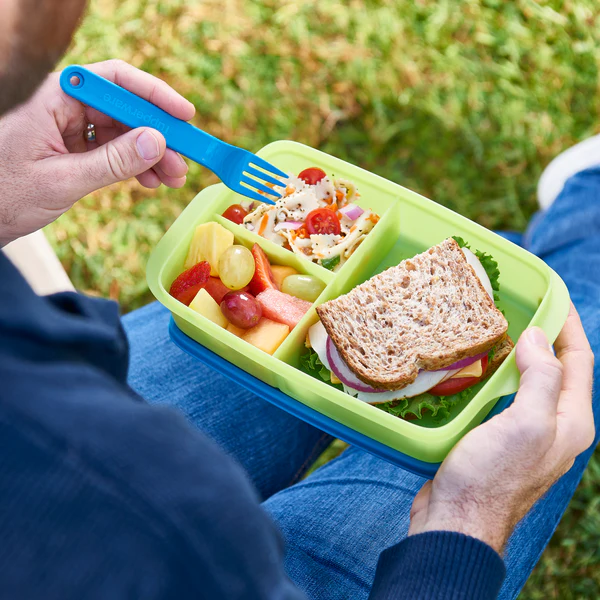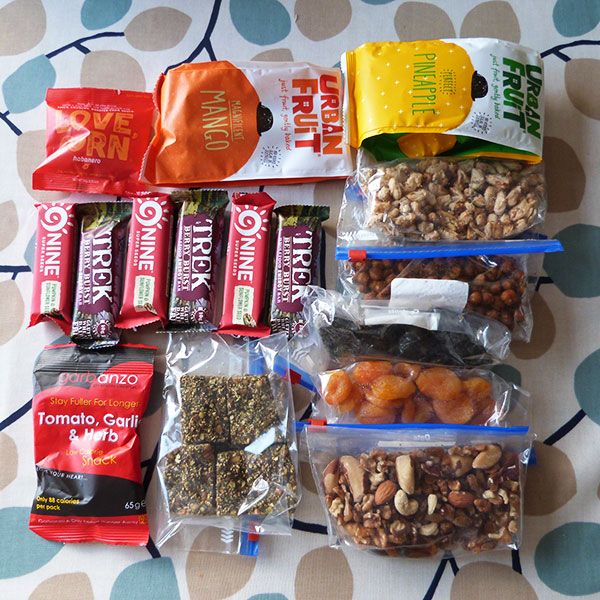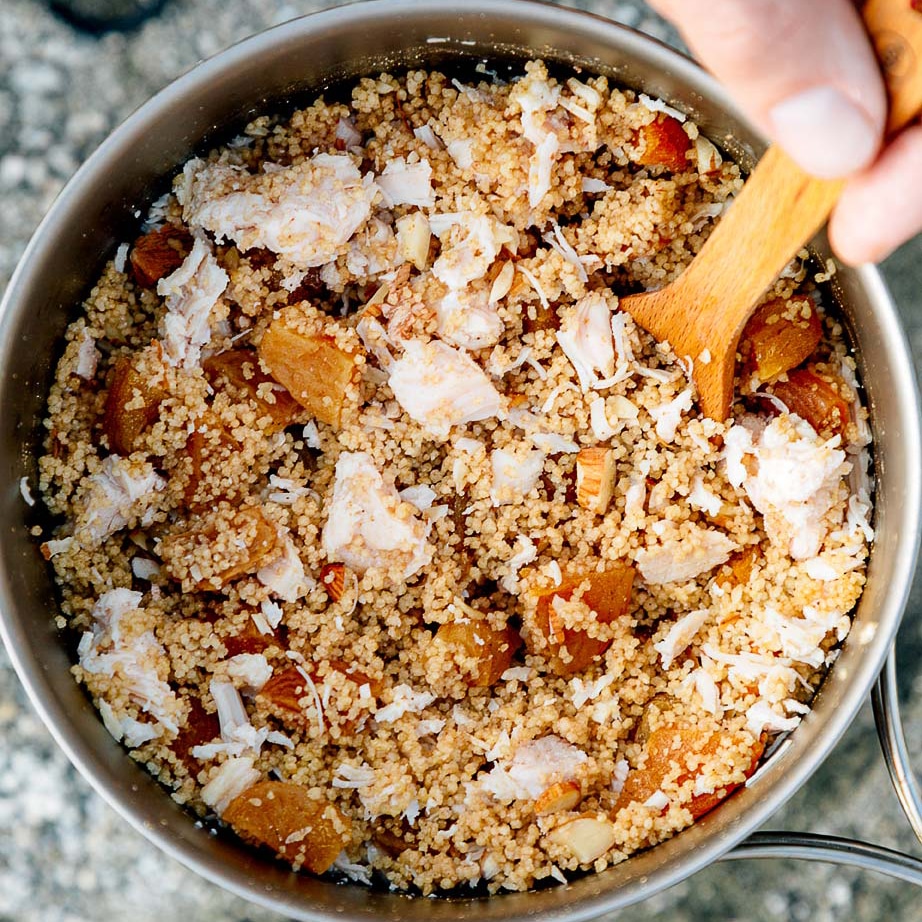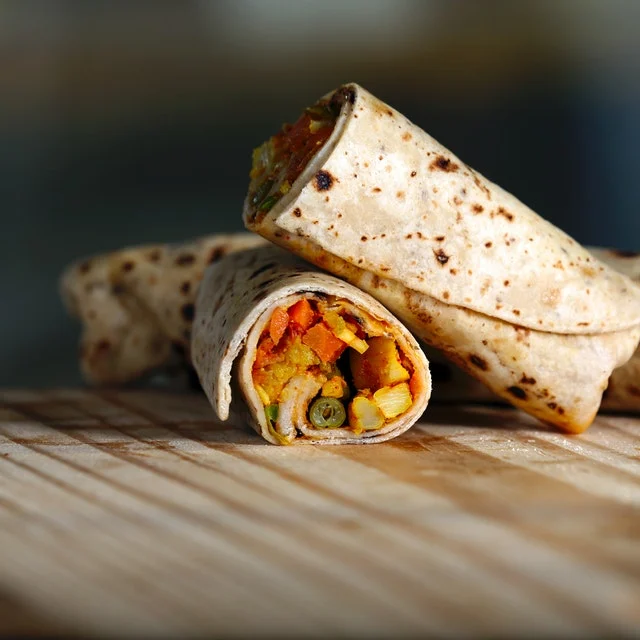I. Understanding Hiking Nutrition

Hiking food is crucial to keep you fueled, energized, and alert during your outdoor adventures. It involves understanding the importance of proper nutrition for hiking, essential macronutrients and micronutrients, as well as considerations for trail-friendly foods.
A. Importance of Proper Nutrition for Hiking
Proper nutrition is essential for hikers as it provides the energy and nutrients needed for physical endurance, recovery, and overall well-being during extended outdoor activities.
B. Essential Macronutrients and Micronutrients
Macronutrients such as carbohydrates, proteins, and fats, along with micronutrients like vitamins and minerals, play a vital role in sustaining energy levels and supporting bodily functions while hiking.
C. Considerations for Trail-Friendly Foods
Trail-friendly foods should be lightweight, non-perishable, and densely packed with nutrients, catering to the additional physical demands and limited resources of outdoor environments.
II. Breakfast on the Trail
A. Energizing Breakfast Options
Before setting out on a day of hiking, it’s important to fuel your body with a breakfast that will provide sustained energy. Options like oatmeal, granola, or energy bars are great choices, as they are packed with carbohydrates and fiber to keep you feeling full and energized.
B. Portable and Quick Meal Ideas
When it comes to breakfast on the trail, it’s important to choose meals that are easy to prepare and can be eaten on the go. Packets of instant oatmeal or granola are quick and convenient options, as they only require hot water to prepare. Energy bars and nut butter packets are also great choices, as they are portable and require no preparation.
C. Hydration and Beverage Choices
In addition to having a filling breakfast, it’s important to stay hydrated on the trail. Opt for beverages like water, coconut water, or electrolyte drinks to replenish the fluids lost during physical activity. Coffee or tea can also provide a caffeine boost to help kick start your day.
III. Snack Options for Sustained Energy

A. High-Energy Trail Mixes
For a quick and easy snack on the trail, consider packing a high-energy trail mix. Combine a mixture of nuts, seeds, dried fruits, and chocolate chips for a tasty and nutritious snack that will provide a boost of energy to keep you going.
B. Nutritious Fruit and Nut Bars
Fruit and nut bars are another great option for a mid-morning snack on the trail. Look for bars that are made with natural ingredients and have a good balance of carbohydrates, protein, and healthy fats to keep you feeling satisfied.
C. Hydration-Boosting Snacks
In addition to food, it’s important to choose snacks that will help keep you hydrated on the trail. Fresh fruits like oranges or grapes have a high water content and can help contribute to your overall fluid intake. Chilled cucumber slices or celery sticks are also a refreshing snack option that can help keep you hydrated.
IV. Lunch and On-the-Go Munchies
A. Wholesome Sandwich and Wrap Ideas
When you’re on a hike or out exploring the great outdoors, it’s essential to have easy and convenient meal options that will keep you fueled and energized. Wholesome sandwiches and wraps are the perfect solution for a quick and satisfying lunch on the go. Here are some delicious ideas to consider:
- Turkey and Avocado Wrap: Spread a whole grain wrap with creamy avocado, layer on some thinly sliced turkey breast, add crisp lettuce, and roll it up for a tasty and healthy meal.
- Mediterranean Veggie Sandwich: Pile high your favorite veggies like cucumber, bell peppers, and tomatoes on whole grain bread, then add a smear of hummus for a flavorful and filling sandwich.
- Grilled Chicken Caesar Wrap: Toss grilled chicken with crisp romaine lettuce, Parmesan cheese, and Caesar dressing, then wrap it all up in a whole wheat tortilla for a protein-packed lunch option.
B. Lightweight and Nutrient-Dense Lunches
When you’re on the go, it’s important to have meals that are easy to carry and won’t weigh you down. Lightweight and nutrient-dense lunches are perfect for hikers and outdoor enthusiasts who need sustained energy without the bulk. Consider these options for your next adventure:
- Quinoa Salad: Combine cooked quinoa with mixed veggies, nuts, and a light vinaigrette dressing for a light and satisfying lunch that’s packed with protein and essential nutrients.
- Trail Mix and Fruit: Create your own trail mix with a variety of nuts, seeds, and dried fruits for a quick and easy lunch option that provides a good balance of carbs, protein, and healthy fats.
- Veggie and Hummus Platter: Pack a selection of your favorite veggies like carrots, celery, and cherry tomatoes, along with a side of hummus for a crunchy and nutritious on-the-go lunch.
C. Quick and Convenient Snack Break Options

In between meals, it’s essential to have quick and convenient snack options to keep your energy levels up and stave off hunger. Here are some easy and tasty snack ideas for your next outdoor excursion:
- Nut Butter and Banana Slices:
Spread your favorite nut butter on whole grain crackers or rice cakes, then top with banana slices for a delicious and energizing snack. - Greek Yogurt and Berries:
Pack a container of Greek yogurt and mix in some fresh berries for a protein-rich and refreshing snack that will keep you going. - Energy Bars:
Look for energy bars that are made with wholesome ingredients like nuts, seeds, and dried fruits for a convenient and satisfying snack that’s perfect for on-the-go munching.
V. Post-Hike Recovery and Refueling
A. Replenishing Electrolytes and Hydration
After a long hike or outdoor adventure, it’s important to replenish your body with essential electrolytes and fluids to help restore balance and hydration. Here are some tips for replenishing electrolytes and staying hydrated:
- Drink Plenty of Water:
After a hike, be sure to drink plenty of water to replace lost fluids and help your body rehydrate. Consider adding a pinch of sea salt to your water to help replenish electrolytes. - Coconut Water:
Coconut water is a natural source of electrolytes and can be a refreshing and hydrating beverage to enjoy post-hike. - Sports Drinks:
If you’ve been sweating a lot during your hike, consider sipping on a sports drink that will help replace lost electrolytes and provide a quick energy boost.
B. Nutrient-Rich Recovery Snacks
Replenishing your body with nutrient-rich snacks post-hike can help support muscle recovery and refuel your energy stores. Consider these recovery snack options for optimal post-hike nourishment:
- Chocolate Milk:
Chocolate milk contains the ideal ratio of carbohydrates to protein, making it an excellent choice for muscle recovery and refueling after a strenuous hike. - Turkey and Cheese Roll-Ups:
Roll up slices of turkey breast with a piece of your favorite cheese for a protein-packed and satisfying post-hike snack. - Trail Mix with Dark Chocolate:
A mix of nuts, seeds, and dark chocolate provides a good balance of healthy fats, protein, and carbs to support recovery and keep hunger at bay.
C. Balancing Protein and Carbohydrates
When it comes to post-hike meals, it’s essential to focus on balancing protein and carbohydrates to support muscle recovery and replenish glycogen stores. Here are some meal ideas that strike the perfect balance of nutrient-rich proteins and carbohydrates:
- Grilled Chicken and Quinoa Salad:
Toss grilled chicken with a quinoa salad loaded with veggies for a delicious and nourishing post-hike meal that provides a good balance of protein and carbs. - Salmon and Sweet Potato:
Baked or grilled salmon served with a side of roasted sweet potatoes offers a nutrient-dense and satisfying meal that supports muscle recovery and replenishes energy. - Veggie and Chickpea Stir-Fry:
Sauté a variety of colorful veggies with chickpeas and a flavorful sauce for a protein and fiber-rich meal that’s perfect for refueling after a long hike.
VI. Special Considerations and Dietary Needs
A. Catering to Dietary Restrictions
For those with dietary restrictions, it’s important to plan ahead for post-hike recovery. Vegetarian or vegan hikers can refuel with plant-based protein sources like beans, lentils, tofu, or tempeh, while those with gluten sensitivities can opt for gluten-free grains like quinoa, rice, or buckwheat to replenish energy stores. It’s essential to be mindful of individual dietary needs when planning post-hike refueling.
B. Adapting for Multi-Day Hikes
For multi-day hikes, the focus shifts from immediate recovery to sustained energy and long-term fueling. It’s crucial to pack nutrient-dense, non-perishable snacks like dried fruits, nuts, energy bars, and jerky to stay fueled throughout the hike. Additionally, placing an emphasis on rehydrating and replenishing electrolytes becomes even more critical during multi-day hikes to prevent dehydration and support muscle recovery.
C. Minimizing Food Waste and Environmental Impact
When planning for post-hike refueling, it’s important to consider minimizing food waste and its impact on the environment. Packing foods with minimal packaging or opting for reusable containers can help reduce the amount of waste generated during a hike. Additionally, choosing sustainable, ethically sourced snacks can minimize the environmental impact of post-hike refueling.
In summary, post-hike recovery and refueling are essential for replenishing energy stores and aiding in muscle recovery. By focusing on replenishing electrolytes and hydration, consuming nutrient-rich recovery snacks, and balancing protein and carbohydrates, hikers can optimize their post-hike recovery process.
